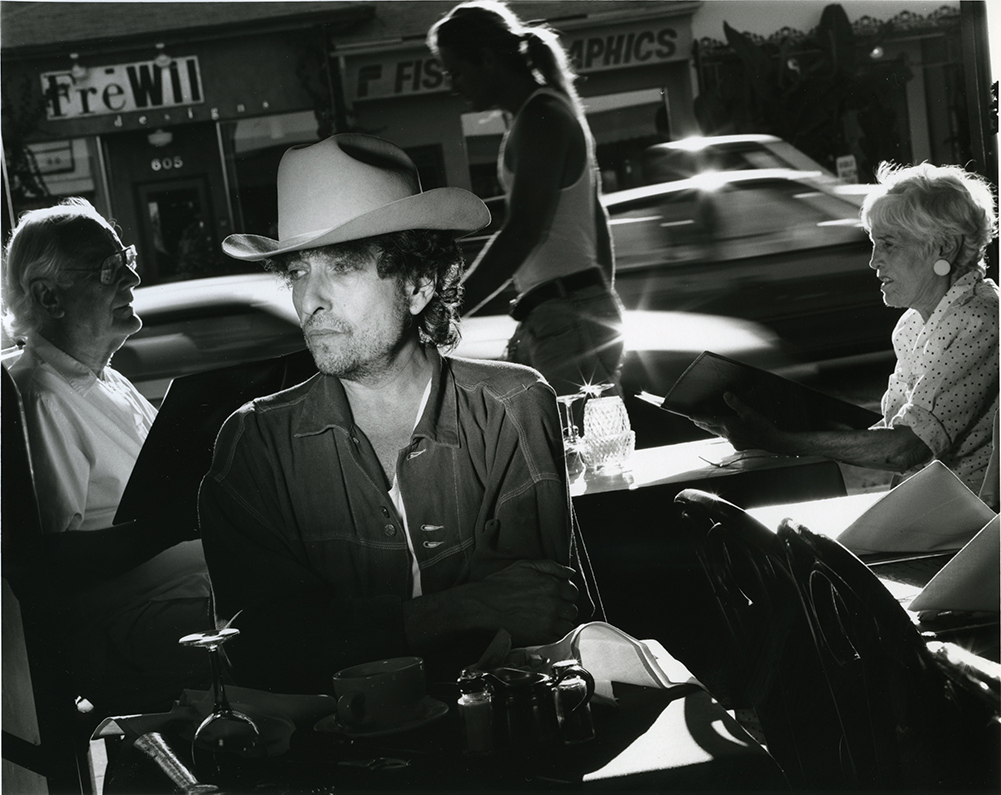The site where the new Bob Dylan Center in Tulsa will be built comes with more than just a warehouse, loading dock and railroad spur.
It’s located in a part of the city freighted with a tragic history.
“It’s the site of the Tulsa Massacre of 1921 when 20 people were murdered – African American and Jewish people – by a group of Ku Klux Klan rioters,” says Tom Kundig of Olson Kundig Architects, winners of a national competition to design the center.
The competition was sponsored by the George Kaiser Family Foundation, a non-profit group that’s dedicated in part to the civic enhancement of Tulsa. “Obviously, George Kaiser is Jewish – and we wanted to be respectful,” Kundig says. “There’s a fascinating history there, and an emerging history too.”
The existing, turn-of-the-20th-century warehouse, known as the Tulsa Paper Company, is used currently as an arts center for Tulsa University – an urban classroom for that suburban school.
The competition asked entrants to re-imagine the building as a repository for the archives they’d barely had a peek at. “They said: ‘We want you to propose a rational building, a budget parameter and an exhibit,’” he says. ‘We want you to propose a building – but whatever your design, it is not what will be built – it’s about how to design a building for a city like Tulsa.’
Olson Kundig suggested a quiet role for the center, choosing wisely to focus on the city and the surrounding area. The foundation has a vision of revitalizing the area where the Woody Guthrie Center is already located.
“These legends need to be protected and curated for our generation and future generations – with the result that people visit Tulsa,” Kundig says. “There’s already a performance park with terrific shows based on Tulsa’s music background.”
Ultimately, Olson Kundig will bring dramatic architectural meaning to its newly assigned site, next to the existing warehouse. But they’ll be careful to respect the performer’s six-decades-long archives of music and lyrics. “You don’t want to overpower Dylan’s legacy – you want it to stand on its own,” he says. “You want to be rational, practical and supportive – and at the same time bring interest to the story.”
When it’s built, it’s not to be a “one-and-done” experience, but a repeat performance. “We want it to be meaningful and memorable – people should leave with a memory of Dylan’s life – and Tulsa,” he says. “But we want you to come back and use that story for your own story – to have it become part of your story.”
For many Dylan aficionados, that’s already the case. But the new center promises to bring the master’s words and music into a new dimension.
For more, go here.
[slideshow id=1932]

